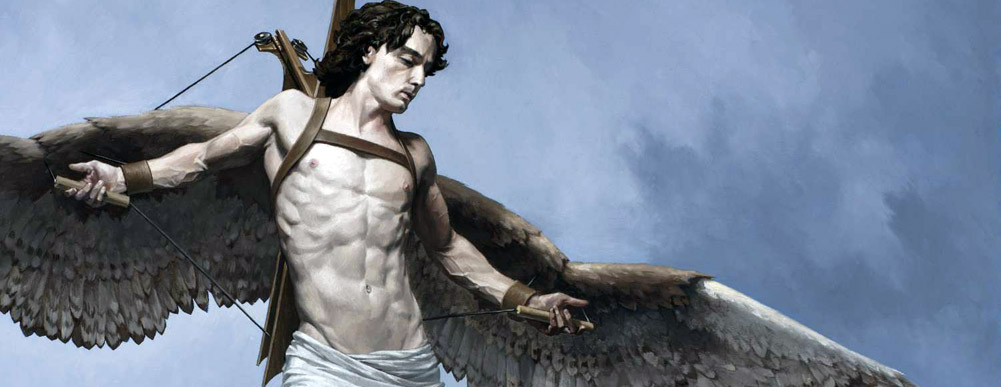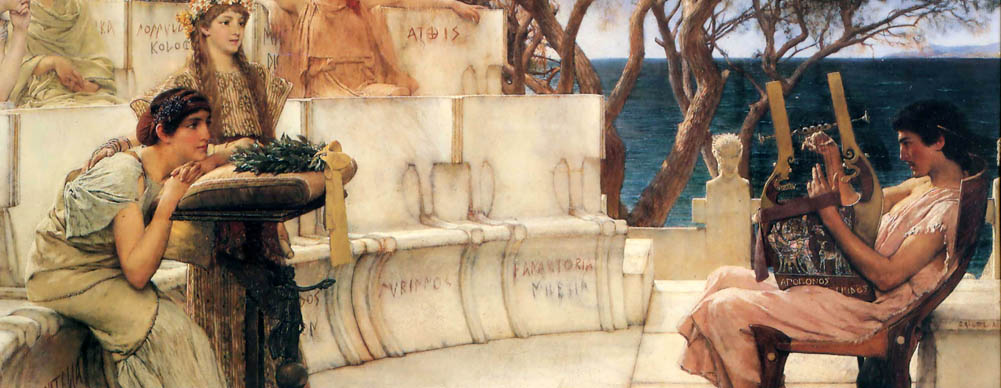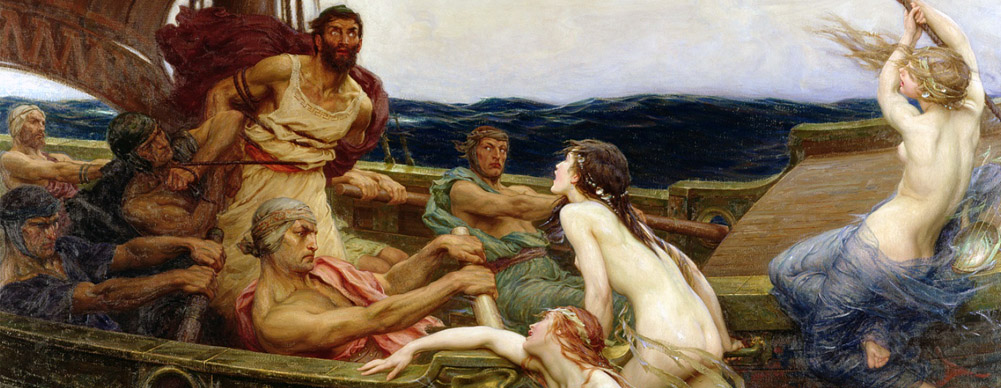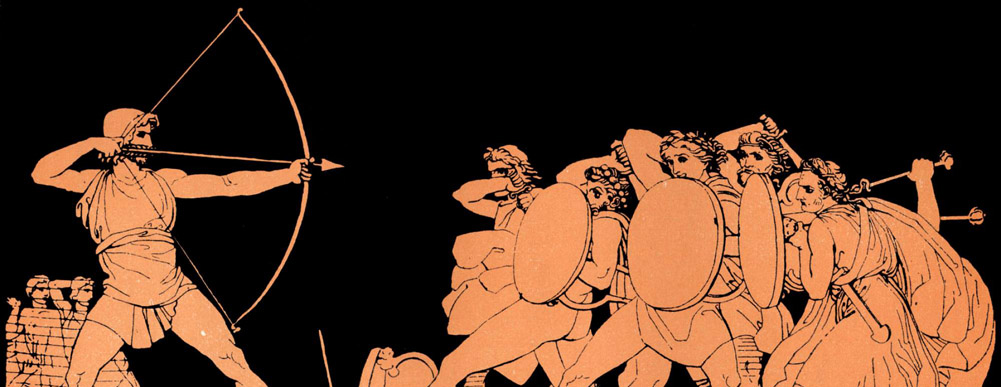




Books
You will need to purchase a total of 7 books for this class. Click on the ISBN number to be taken directly to Amazon.com, or feel free to order from other online or "brick and mortar" retailers.
Oedipus the King, by Sophocles (Grene, Trans.), University of Chicago Press, ISBN 0226768686.
The Tempest, by William Shakespeare, Signet, ISBN 0451527127.
Gilgamesh ( Mitchell, Trans.), Atria Press, ISBN 0743261690.
Confessions, by St. Augustine (Chadwick, Trans.), Oxford, ISBN 0199537828.
Don Quixote, by Cervantes (Grossman, Trans.), Harper, ISBN 0060934344.
The Odyssey, by Homer (Fagles, Trans.), Penguin, ISBN 0140268863.
Inferno, by Dante (Mandelbaum, Trans.), Bantam, ISBN 0553213393.
eBooks
Are eBooks (electronic books for Kindle, Nook, or other devices, or meant for reading on a laptop or tablety, such as ePub formats) acceptable? eBooks — if they are the same translation and edition — are acceptable, but not preferred. I strongly encourage the use of paper books for all the reasons outlined here under the “Screen Time” section (numerous studies show that reading a physical book is hugely better for understanding and remembering, and even though you can easily take more notes on an ebook, you will tend to understand and remember less). But there are times when a physical book isn’t available, or a disability necessitates the use of an ebook.
Grades
Your final grade consists of the 3 papers (50%), the final exam (25%) and attendance and participation (25%).
Rough Drafts, Papers and Final Exam
This course strongly emphasizes writing; you will be required to write three response papers that serve as rough drafts (2 pages each), which are then used as the basis of three formal papers (5 pages in length) during the semester.
Your response papers are a chance for you to start developing ideas and language for your final papers; your TA will make suggestions and corrections, but will not give them a letter grade (they do, however, count toward your participation grade, and they are required in order to receive a grade for the paper).
See the Schedule page for a list of when various tasks are to be done; essentially, however, the work for this class goes in four week cycles: (1) you'll get a prompt on a Monday to start thinking about your response paper/rough drafts and you'll discuss the prompt in section that Friday; (2) you'll turn in your rough draft in section one week later; (3) you'll get it back the next week with comments a week after that; and (4) a week after that, you will turn in the final paper in section—your final paper should make use of the feedback you received from your teaching assistant. Please note that turning in a rough draft late can make it difficult or impossible for your TA to get it back to with useful suggestions about how to improve your grade. If you turn the rough draft in late, you may receive suggestions before you have to hand in the final paper, but you may not. Be considerate—your TAs teach multiple sections, and have classes of their own they are taking.
You will not get a grade on your paper until you have also handed in your rough draft—the drafts are not optional, but part of the process.
There will also be a final exam, emphasizing writing, in four parts: part one is short answers on “large topics” (what parts of classical antiquity seem familiar to us? What seems alien? How is our sense of individuality rooted in the Middle Ages); part two is short answers on specific writers and texts that we have read over the course of the semester (What are some of Dante’s main poetic techniques and what do they mean?); part three is a series of identifications in which students must identify the author and title of a short excerpt from one of the works read during the semester (this part is easier than you think, and every student who has taken this class agrees!); and part four is a longer (2 pp). in class essay (how did our sense of self change from the classical era to the Renaissance?).
Readings and Viewings
This course has a great deal of reading to do—it is the nature of this kind of course (the large lecture, survey course). We would all love to spend more time on the details of these books, rather than tearing through 3000 years in a semester, but the goal here is to give you a taste of everything and put it into a semblance of order, so you can start to make some connections with the world you see around you, and our cultural past. I’ve compromised by mostly assigning whole books and poems, realizing that we can't get through all of them. You won’t love every book we’ll read, but you will like quite a few of them—and remember, all of the writers we’ll be reading were enormously important and influential; they left a mark on Western culture that we still feel after thousands of years. How many of us will be able to say the same? So, read them with a critical and attentive eye, but also with a healthy respect for their genius.
If you’re having trouble keeping up with the reading, you might want some helpful advice.
In addition to the readings, I will discuss films, television series and the like in lecture from time to time. When I can, I'll link to YouTube for such occasions, and I hope you'll be interested enough to see what's there.
Honors
Students taking this course for honors credit will do some extra writing (at least 4-5 pp.) and reading on a topic relevant to the materials in the class; they do, however, have some leeway to address the class material in new ways (in other words, it does not need to be “just another paper,” but may involve original research by the student, or less traditional topics, or less traditional forms). Honors students should contact their TA at the beginning of the semester and discuss with him or her possible directions for their extra work. TAs, in turn, will forward the proposed topic to me for final approval.
MASTERPIECES OF WESTERN CIVILIZATION
THE WORK